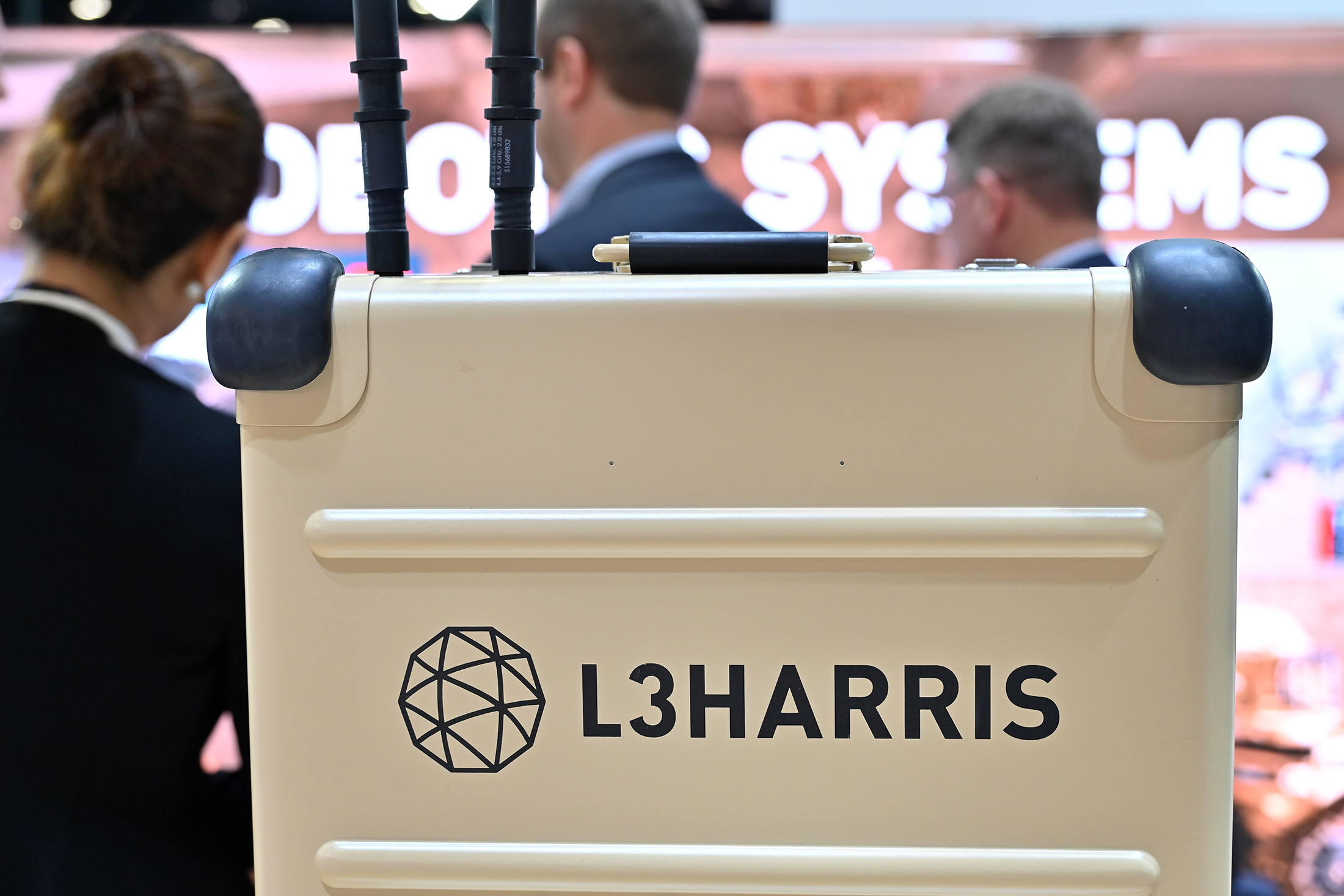David Yi launched his beauty label, Good Light, in a different time. After creating the website Very Good Light in 2016, focused on an intersectional look at male grooming, Yi expanded into skincare products in 2021 with the tagline “beauty beyond the binary” and the mandate to reflect the “diversity and fluidity of the world we live in today.”
That world has changed. Just four years later, Good Light sits in an increasingly fractious political climate, where founders of queer beauty companies say they’re facing pressure to sanitise their brands.
“There’s fear of backlash. There are so many people [in the US] who aren’t comfortable with [queer] messaging,” said Yi, adding that he’s seen an increase in angry comments on social media. For brands founded with a clear mandate to serve the LGBTQIA+ community, raising capital and managing retailer relationships is becoming harder.
Being so linked to personal expression, beauty and fashion lines are inherently rooted in identity politics. Brands can do a lot of showing, rather than telling, their values. But as the political climate becomes increasingly polemic — the Trump administration has banned words like “transgender” and “gender identity” on the White House website, and has publicly derided diversity, equity and inclusion programmes — founders feel conflicted about possibly softening their message. Others are wondering how to evolve their brand identity to attract a broader audience and to increase sales.
Customer demand for these brands remains strong, said Fabrice Houdart, founding partner of Koppa, an LGBTQIA+ focused economic think tank. “Young people have a completely different relationship to gender and sexual orientation… [that’s] here to stay.” According to a 2023 report from investment firm LGBT Capital, the LGBTQ+ community has an overall purchasing power of $4.7 trillion globally, with $1.4 trillion of that coming from the US. And successive generations are more likely to identify as LGBTQ+ than the one that preceded it, a Gallup survey showed. More than one in five Gen Z adults identify as LGBTQ+, compared to one in 10 Millennials.
LGBTQ+ spending power is just getting bigger. “The impact we can make if we’re buying from each other… could really change things,” Cat Perez, said co-founder and chief executive of Hey Famm, a social networking app and business directory for queer professionals and brands.
Less Capital, Fewer Choices
The climate for emerging businesses has shifted in step with cultural changes. Many inclusive beauty brands were minted in the early 2020s, an era when direct-to-consumer shopping reigned supreme and venture capital checks were plentiful. Now, brands need established retailers to grow their businesses, which means playing by their rules — in February, Sephora began to reduce its sexual wellness offering, removing toys and vibrators from stores.
Brianna Arps, founder of indie fragrance brand Moodeaux, said it was a double-edged sword: while her retail partners, which include Urban Outfitters and Credo, have worked in step with her, succeeding in mass retail requires ample funding, and investor checks are getting smaller. According to these founders, investors are becoming reticent to fund outwardly LGBTQ+ businesses, forcing independent brands to either soften their language to become more mainstream or fold altogether.

Perez said that can mean putting a price tag on principles. “When you have lots of money and privilege and power to [keep] your principles, it might impact your business, but it’s not going to kill your business,” she said, adding that most individuals in the queer community lack the capital or resources to do so.
Yi admitted that the economy, tariffs, and the political turmoil in America are affecting queer founders deeply, describing it as “intimidating and scary,” but said he felt resolute in his commitment to maintaining the brand identity.
“Our tagline is beauty beyond the binary, and that will not change,” he said.
Sticking to Your Guns
For Arps, her ability to run her business depends on her being able to express herself.
“I can’t lead a brand if I’m not my true authentic self,” she said. Arps frequently shares with customers on social media the harsh realities of the current business environment as both a queer and Black founder.
Good Light’s Yi feels similarly, saying he wants to continue to focus on the community that built his brand, and that it makes its growth more meaningful. “We’re starting with the core folks who perhaps never felt represented, and trying to make a change at least there,” he said, adding that he wants to concentrate on the community he feels has built the brand.
Some companies are adjusting their branding not out of fear, but with the goal of opening the aperture to new customers, a task that must be done with extreme care: In August, skincare maker Non Gender Specific rebranded as NGS Beauty, with founder Andrew Glass saying its previous name had confused some customers who thought the brand was only for the queer community. He said that he made the decision without external pressure from investors, but realised the name may have been interpreted as exclusionary, rather than inclusive.
Shoppers “saw the words non-gender, and immediately started freaking out,” he said, describing some of the comments as “hate mail.” “The name might [have] been holding us back.”

Arps believes there is a path to reconciling serving marginalised groups within the political climate, and that retailers are aware of the need to stock pioneering, differentiated brands. (Bisexual people wear cosmetics too, Arps pointed out.)
In Arps’ view, the slower growth of some queer-founded brands is not to do with a lack of interest, but a lack of ammunition.
“Everyone wants to skirt around this conversation, but it’s simple,” she said. “It’s money.”
Sign up to The Business of Beauty newsletter, your complimentary, must-read source for the day’s most important beauty and wellness news and analysis.




